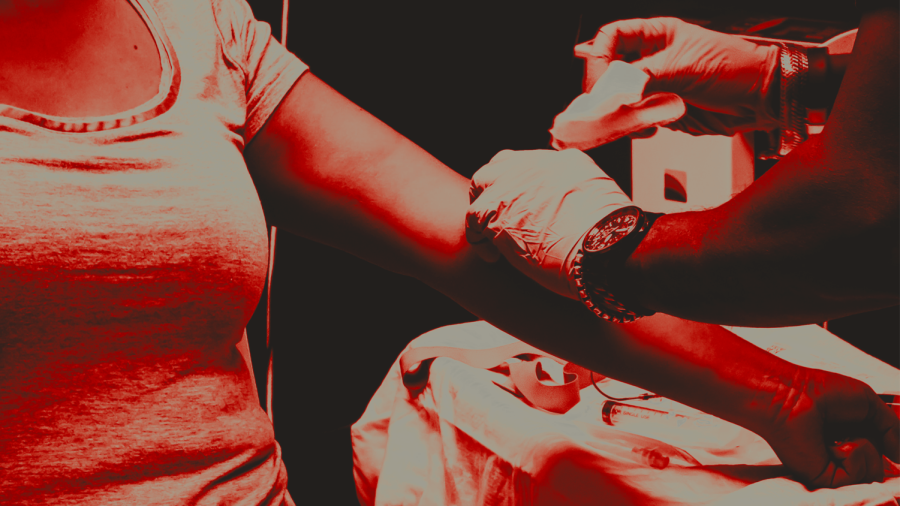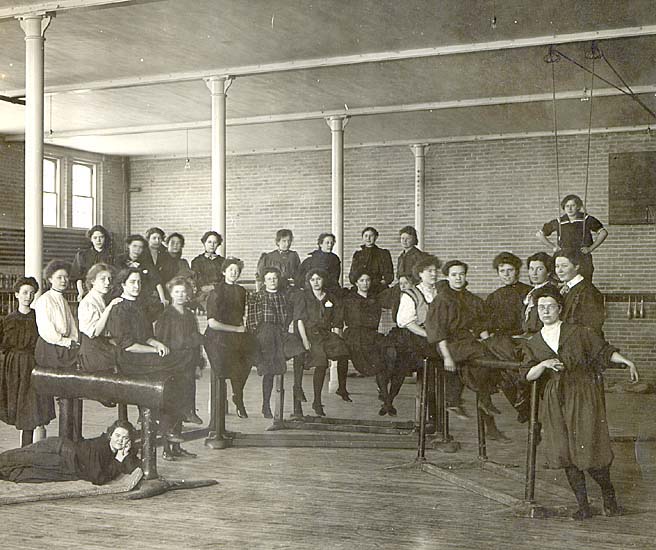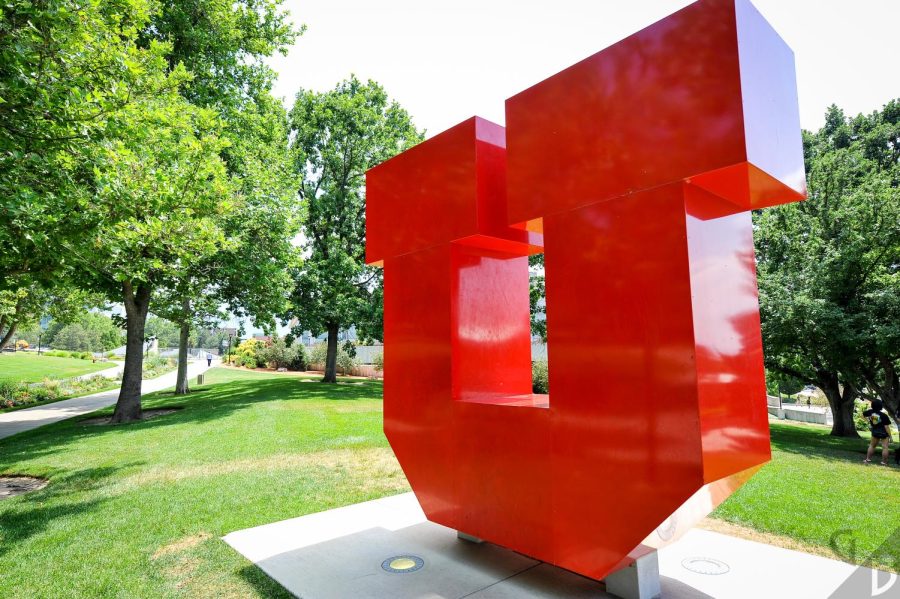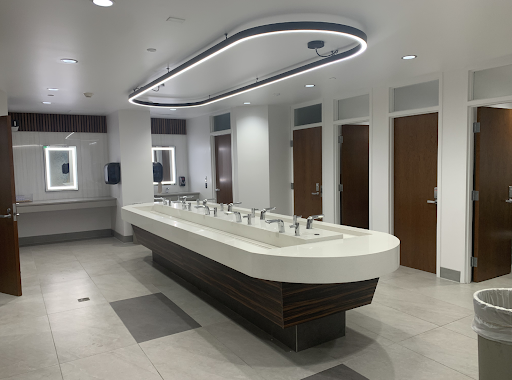ARUP Blood Donations Directly Benefit U Communities
January 30, 2022
Located in Salt Lake City, ARUP Blood Services, the blood collection division of ARUP Laboratories, are committed to donating all the blood and platelets they collect to University of Utah hospitals and the Huntsman Cancer Institute.
“ARUP Blood Services have two donor centers where we collect blood and platelets,” said Deb Jordan, community relations supervisor at the ARUP Blood Services. “Red blood cells collected from the donated whole blood is used to help with transfusions in the hospitals.”
ARUP is among organizations that host blood drives on campus at the U.
“It depends on the campus club or organization that hosts the blood drive as to who they select to come on campus and set up for a blood drive,” Jordan said.
Their donations go to patients at U hospitals and clinics who might be treated because they are having a solid organ transplant like liver, lung or heart, they are fighting a blood disease, they have open-heart surgery, they need blood because of a severe injury and so on.
“The patients at the Huntsman Cancer Institute use blood and platelets to fight cancer, leukemia, sickle cell disease,” Jordan said. “They need platelets for bone marrow transplants and to help them clot their blood or they need blood to help them with the diseases they are fighting.”
Jordan said that every day both institutions use blood and platelets. The Red Cross has also recently declared a national blood shortage for the first time.
“There is never a holiday for transfusions,” Jordan said.
If the student population donated it would mean exponential help in getting the blood ARUP needs to keep the shelves stocked. According to Jordan, because blood only lasts about one month, having a constant and healthy supply from the students at the U would be remarkable.
“It also creates a life-long habit of donating,” Jordan said. “Those students who start donating when they are in college will most likely continue to donate well into adulthood. Wherever they live, they will know the benefits of donating blood and helping patients and saving lives.”
Mike Findlay, Donor Tele-recruiter Workflow Coordinator for ARUP Blood Services, said that donors are eligible to donate blood every 56 days.
“When a donor comes in to donate, they first are registered by our receptionist and given a tablet where they will fill out a health and social history questionnaire,” Findlay said. “From there the donor will go into a private interview room where the tech will ask any follow-up questions if any based on the answers on the questionnaire.”
According to Findlay, ARUP will check the donor’s blood pressure, temperature, pulse and iron levels in their blood to make sure it is going to be safe for the donor to donate.
“If all goes well in the interview room, then the donor goes out to the donation chair and 1 pint of their blood is drawn,” Findlay said. “The donors are expected to wait about 10 minutes and make sure themselves feeling good after a half an hour process of blood donation.”
After the donation, the blood is taken to their components lab where it waits for the necessary tests to be run and the blood can be deemed safe for use. The blood goes from the fridge in the ARUP Laboratories to the blood bank at the U Hospital, ready for use at a moment’s notice.
ARUP blood service is always in need of all blood types.
“O-positive blood is the most available from donors,” Jordan said. “Type O-positive blood is given to patients more than any other blood type and O-negative blood type is the universal donor type.”
Jordan said type O-positive blood can be given to patients before the hospital even has a chance to run blood-type tests.
Additionally, ARUP Laboratories has promotions running all the time on their website.
“Recently, we’ve had promotions for a PlayStation 5, Jazz tickets, Bees tickets, a countertop ice maker, Maverik gas cards, National Parks passes for those who traveled during summer months, and concert tickets,” Jordan said. “ARUP takes a unique approach to our promotions and tries to mix it up all the time to draw more donors.”
Jordan said that if the students knew 100% of the blood ARUP Blood Services collects stays at the U, they would build a stronger affinity with ARUP.
“The student clubs and organizations should call ARUP Blood Services to set up a blood drive knowing that the blood could be saving a fellow student, a professor, a fellow Ute,” Jordan said.








